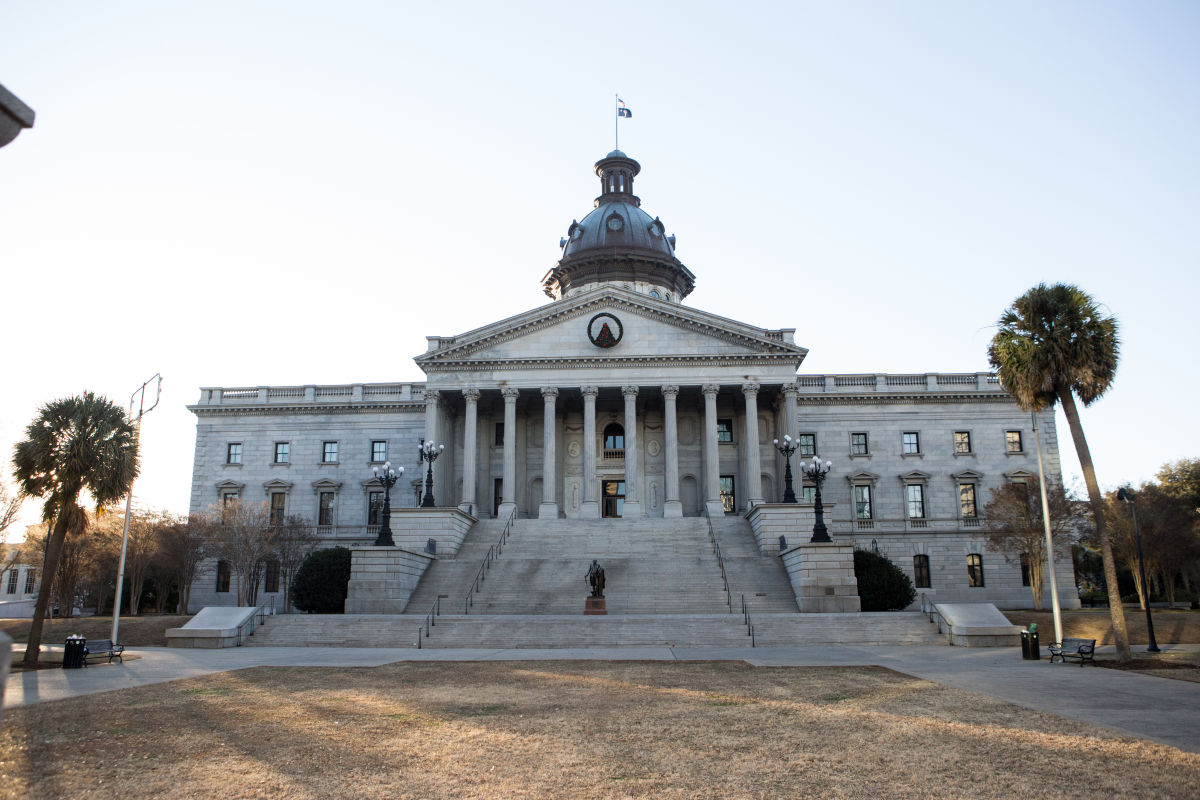
Greetings Regulatory Family,
I hope this note finds you all doing well and enjoying the early stages of spring. Watching the trees bud out and the flowers bloom is a reminder of the change each season brings. Without fail, we can count on Mother Nature passing the baton from winter to spring, spring to summer, and summer to fall. We can also be certain that with the passing each season more changes in our programs.

New initiatives can be seen with EPA changing the registration status of products, or with USDA looking to lift or enact a federal quarantine, HR has changed how we do our performance evaluations, and we are constantly seeing new faces in our building, the labs, and in the field. All of these changes force us to learn new names, faces, and ways of doing business which can be challenging at times, but they also bring opportunities to grow, learn, and improve ourselves, our team, and the programs we support. I’d argue that even our clientele has changed significantly over the last few years with the adoption of technology, expectations for service, and in many other ways. I hope we all can look past the challenges and see the “new seasons” of our work life as opportunities to improve and benefit our programs.
This newsletter will highlight some of our new faces, new achievements, and point out some ways we are taking on each new challenge. I hope you enjoy the content and find something new in one or more of the stories.
In closing, thanks for all you do for Clemson, our state, and those we serve. I wish you all a joyful and productive spring!
— Dr. Steve Cole, Director, Regulatory & Public Service Programs

The FY 2024 State Budget Update (Beth Bell, Governmental Affairs)
The Senate is scheduled to debate the budget beginning April 18, 2023. Below is a summary of the items impacting Clemson PSA:
Recurring Requests
- Employee Retention & Recruitment – CU requested: $2.3M (House recommended $2.3M) (Senate Finance Committee recommended $2.3M)
- Statewide Program Support – CU requested: $1.9M (House recommended $1M nonrecurring) (Senate Finance Committee recommended $1M in nonrecurring)
- Problematic Wildlife – CU requested: $954,400 (House recommended $954,400 nonrecurring) (Senate Finance Committee recommended $0)
Nonrecurring Requests
- Poultry Science Research Facility – CU requested: $4.5M (House recommended $3M) (Senate Finance Committee recommended $4.5M)
- Critical PSA Research Infrastructure and Dam Improvements – CU requested: $8.2M (House recommended $2.1M) (Senate Finance Committee recommended $4M)
- PSA Animal Farms Infrastructure: CU requested: $15.4M (House recommended $0) (Senate Finance Committee recommended $15.4M)
A $2500 compensation increase for state employees earning less than $50,000 and a 5% compensation increase for state employees earning more than $50,000. (House recommended a 3% increase for state employees earning over $83,000). The language (in proviso) that allows institutions the flexibility to reward based on performance remains in the bill.
The Senate Finance Committee’s version of the budget includes an increase in the cost of health insurance and an increase in retirement contributions for state employees and employers. The employee portion of both will be paid by the state. The employer portion of both will have to be covered partially by the university.
From a state budgeting standpoint, Clemson is considered two separate state agencies: a research university that receives an educational and general (E&G) state appropriation for teaching and student support, and a land-grant Public Service and Agriculture (PSA) division that receives a state appropriation to support agriculture, forestry and natural resource Extension, research and regulatory programs.
The university also has auxiliary operations, such as athletics, student housing and dining services, which receive no state funding and must generate all of their own revenue.
